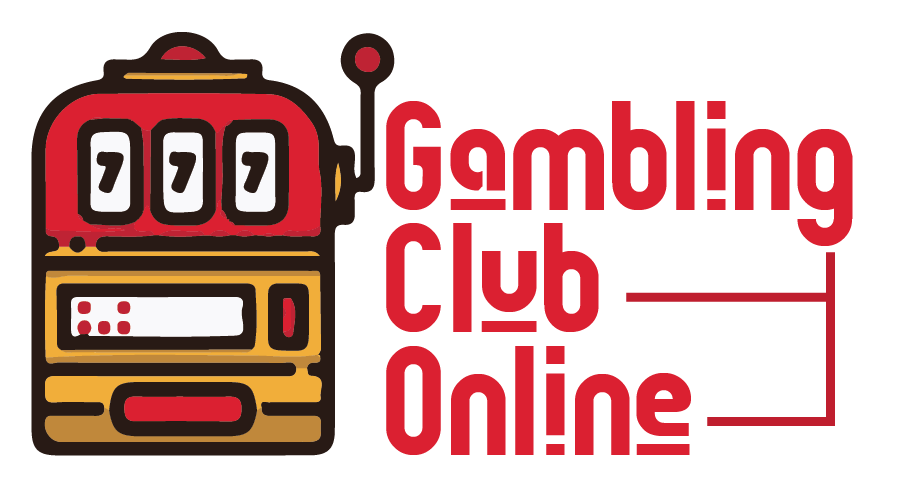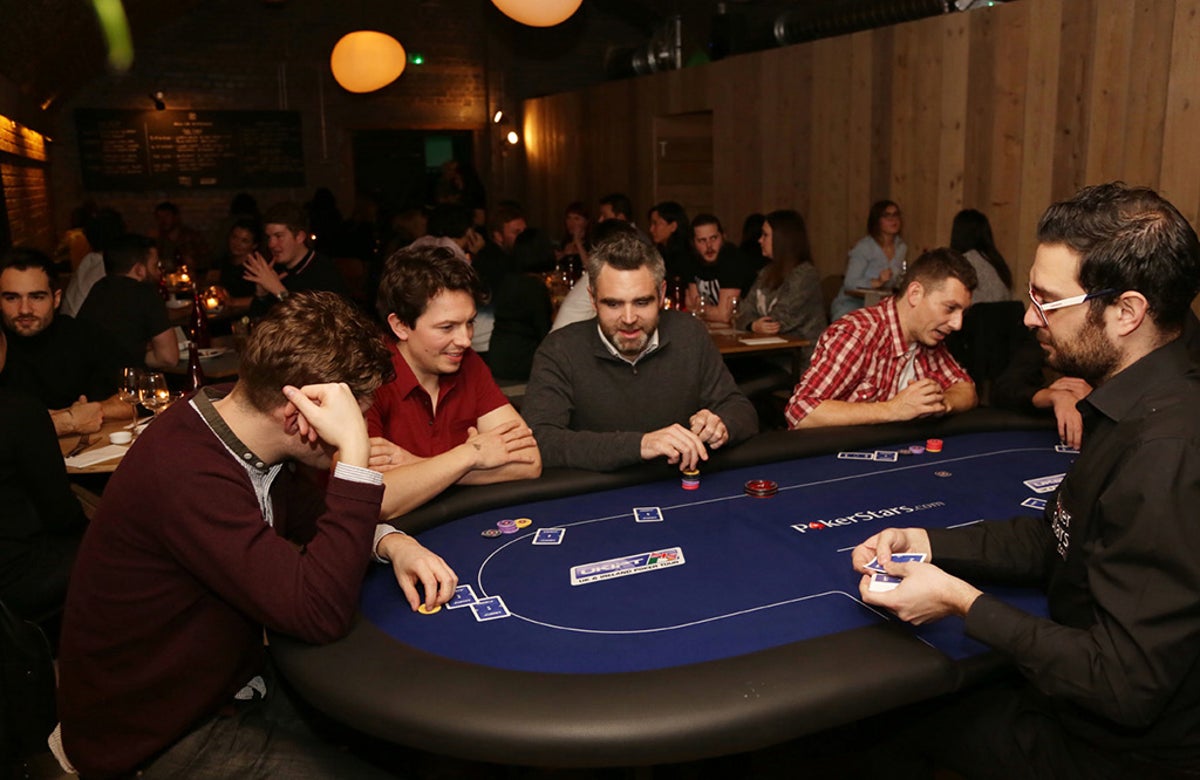The Importance of Position in Poker
Playing position in poker is crucial to its success, as its order at the table determines how each player acts during every betting round. Players who act last are commonly known as having “position.”
Predicting and monitoring the actions of opponents before acting can be invaluable in making better decisions that lead to greater profitability and success in poker games.
Early Position
Under the Gun (UTG) is the name given to the seat to the immediate left of the big blind and serves as an early position, because they act first pre-flop before learning how others may play.
Early position players can quickly squander chips when raising with an inferior hand and facing off against an opponent with one who reraises with something stronger, as opponents can use your raise to infer your strength while you have no idea about theirs.
Late position players enjoy the advantage of knowing exactly who will be in the pot when making decisions to call or raise, enabling them to more accurately calculate odds and make informed decisions than earlier opponents, who often lack a sense of how strong their hands really are. Furthermore, late position players can more efficiently take free cards when checking to their opponents.
Middle Position
Middle Position refers to the area surrounding the dealer button and two players to their right, between their own hand and those played by early position players. Players in middle position benefit from being able to see how early position players played their hands before making decisions about how best to approach their own hands.
Seat positions at a poker table are defined by their relationship to the button (white disc in the center of the table). UTG, or Under the Gun, and UTG+1 are among the earliest seats. Following that are Small Blind, Big Blind, Hijack Cut-Off Cut Off Button positions which give a player more information about an opponent’s decision-making process and allow them to make better quality decisions overall – an immense advantage in a game which relies heavily on limited information.
Late Position
If you are the dealer, button or player immediately to your right in a nine-handed No Limit Hold’em money game, late position poker applies. Being in this role gives you an advantage over early and middle position players who cannot close pots using checks – giving your strategy greater scope than opponents who cannot use this tactic to close out a pot with ease.
Position can also help you extract more value from your opponents, especially post-flop. Since they will have to act before you, your opponent’s holdings will reveal themselves more fully than usual and help you collect more information than they do to make better decisions. Playing in position can be extremely lucrative at the poker table; its huge advantages over out of position play should encourage more frequent attempts in position play – in the long run you will save both money and increase chances of victory!
Blinds
Position is often discussed among poker players. But what exactly does this term entail, and why is it essential in the game?
Blinds are a key feature of poker that are designed to add an incentive to playing their starting hands rather than waiting until they receive pocket aces before folding.
As your seating arrangement at the table affects how you play your strongest hands, it may be advantageous to play them from different positions; these are known as early, middle and late seating arrangements.
Example: Being on the button (BTN) enables you to significantly widen your range than when sitting under-the-gun (UTG), due to being able to observe how opponents react to your raises and make better post-flop decisions based on that feedback. But be wary as many players will seek to steal blinds from you!




